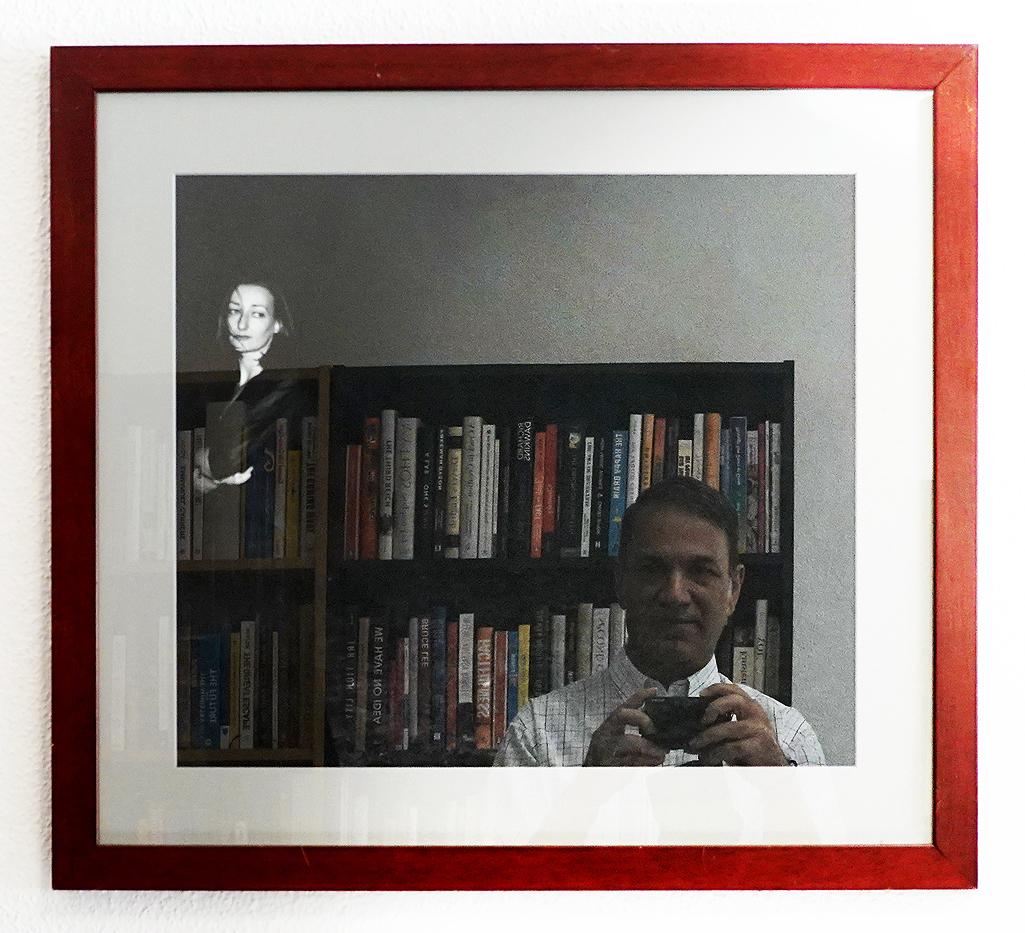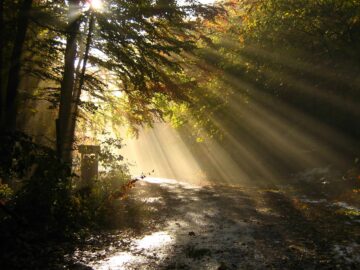by Mike Bendzela

I lie on a futon in a little room tucked in a turret of an old funeral home-turned-apartment building in Binghamton, New York, listening to election returns coming in over my clock radio. It is a Tuesday night in 1984, the year of Orwell’s never-ending fever dream. Madonna and Prince and Michael and Bruce play incessantly on the radio between election reports. The unfolding AIDS epidemic is a thing no one wants to talk about: A friend, a PhD candidate in poetry, is sick in faraway Florida, but none of us in the department even knows about it yet. He will be dead in six months.
I am a year into my stint in graduate school. (Two years will be more than enough for me.) The path to my master’s degree in English has been a circuitous one, even tortuous: As an undergraduate, I started out in geology with a little climatology, detoured into art and design for two years, then ended up studying American literature. But I have never lost my love of the Earth sciences.
Ronald Reagan, at 73, is the oldest candidate ever to run for election — or, in this case, re-election — as President of the United States, against . . . What’s his name again? This election marks (I firmly believe) our last chance as a civilization to change course and sail towards a Green Future, an inkling of which we saw with President Jimmy Carter. I do not know if What’s-his-name is the answer, but we all know Reagan ain’t. One term could be a fluke. A second, collective suicide.
Several months hence, the great science communicator, Carl Sagan, will say to the United States Senate, “If you don’t worry about it now, it will be too late later on.”* His talk is a plea to those in power to start controlling carbon dioxide emissions from burning fossil fuels. The concentration of atmospheric CO2 in 1984 is 344 parts per million and the global temperature anomaly a barely noticeable +0.40° Celsius.* Carbon dioxide concentration MUST be kept below 350 ppm, or the planet will heat up, creating havoc. And there are other pollutants to worry about. And also oil depletion, deforestation, ocean acidification, wildlife habitat loss, over-population. A collapsing civilization does not seem far-fetched.
False alarm! It is Morning in America.* Read more »

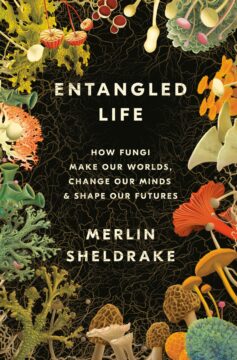
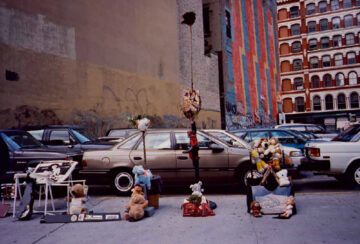
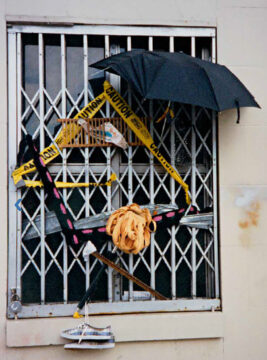
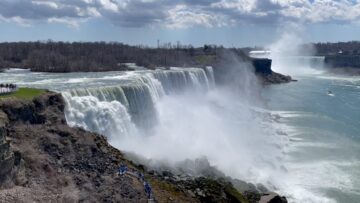

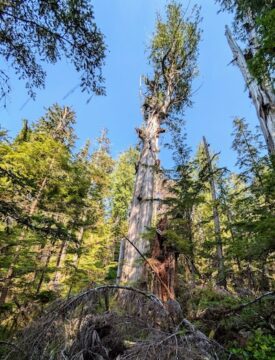 The tree was immense even by local standards: a western red cedar that might have been a thousand years old. A botanist would want to measure it; I only wanted to touch its wrinkled face, or kneel among the roots and capture a dramatic snapshot looking up along the trunk. But it was fifty paces away and I couldn’t get there.
The tree was immense even by local standards: a western red cedar that might have been a thousand years old. A botanist would want to measure it; I only wanted to touch its wrinkled face, or kneel among the roots and capture a dramatic snapshot looking up along the trunk. But it was fifty paces away and I couldn’t get there.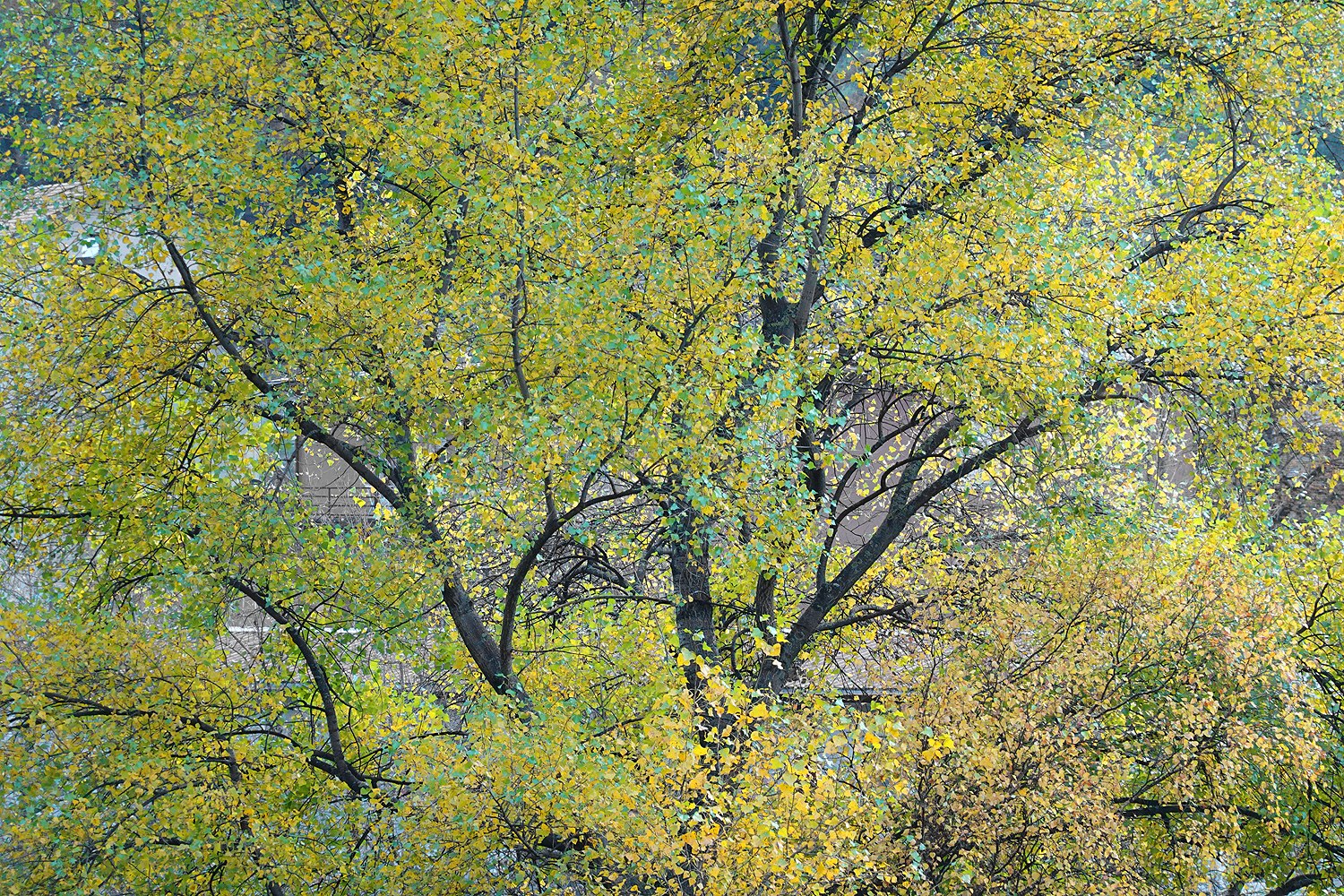

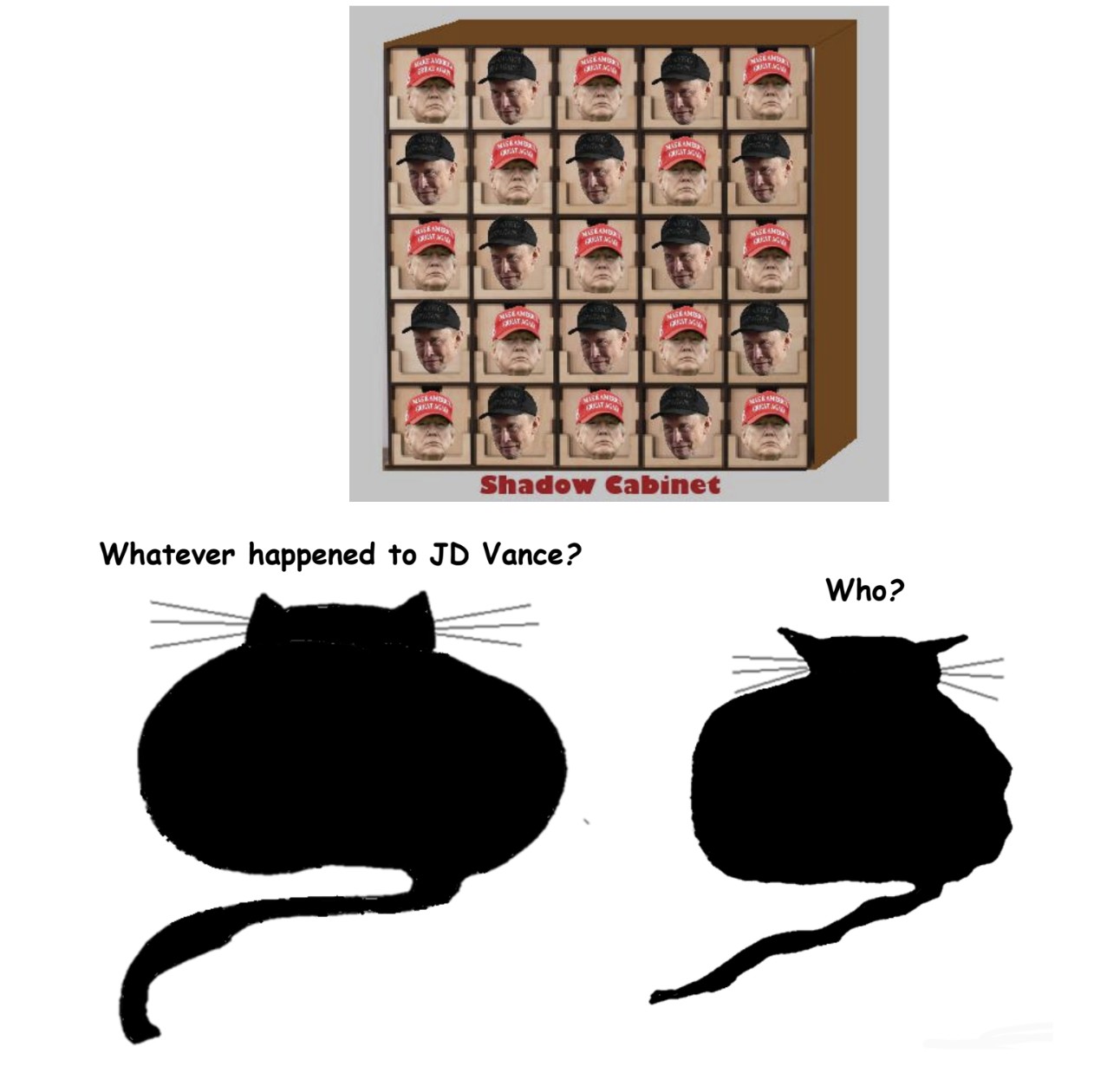

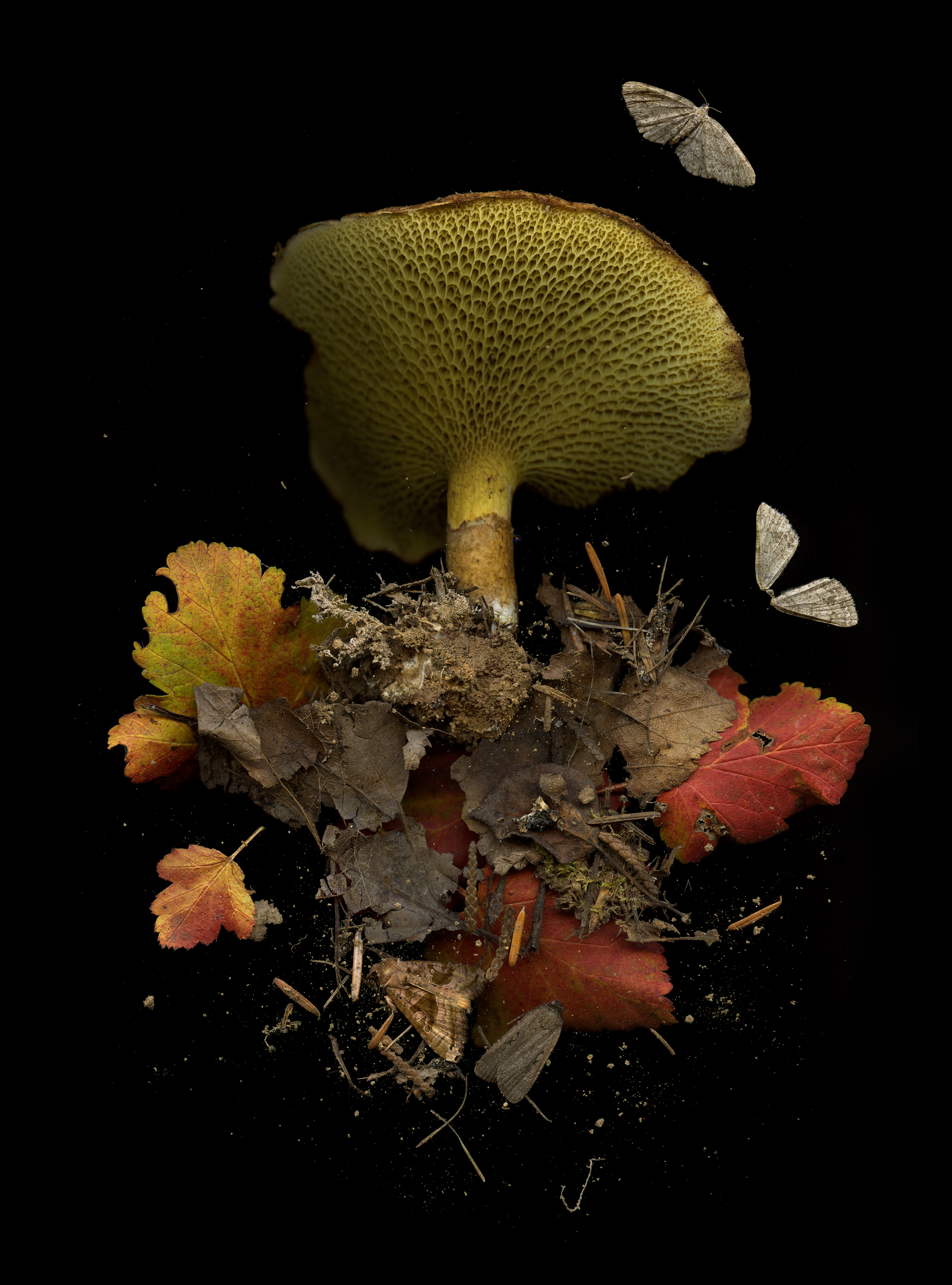 Julya Hajnoczky. Boletinellus Merulioides
Julya Hajnoczky. Boletinellus Merulioides Maybe it’s defeat in a short, sharp war far from home. Maybe Russia captures Ukraine, or China attacks Taiwan. Maybe nothing happens yet, maybe it’s four or eight years away, but however the big change comes we’ll all agree the signs were there all along.
Maybe it’s defeat in a short, sharp war far from home. Maybe Russia captures Ukraine, or China attacks Taiwan. Maybe nothing happens yet, maybe it’s four or eight years away, but however the big change comes we’ll all agree the signs were there all along.
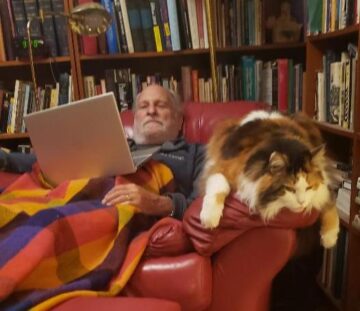
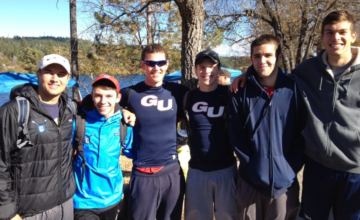
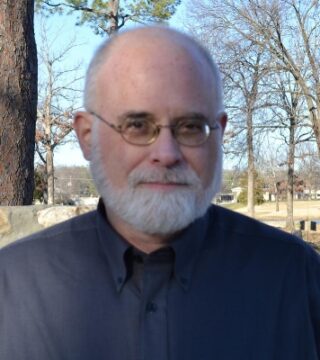 For over twenty years I have been in awe of David Jauss as a writer, as a colleague and teacher, and above all for his insight into the contradictory human heart. His short stories have been gathered together in two essential collections,
For over twenty years I have been in awe of David Jauss as a writer, as a colleague and teacher, and above all for his insight into the contradictory human heart. His short stories have been gathered together in two essential collections, 
